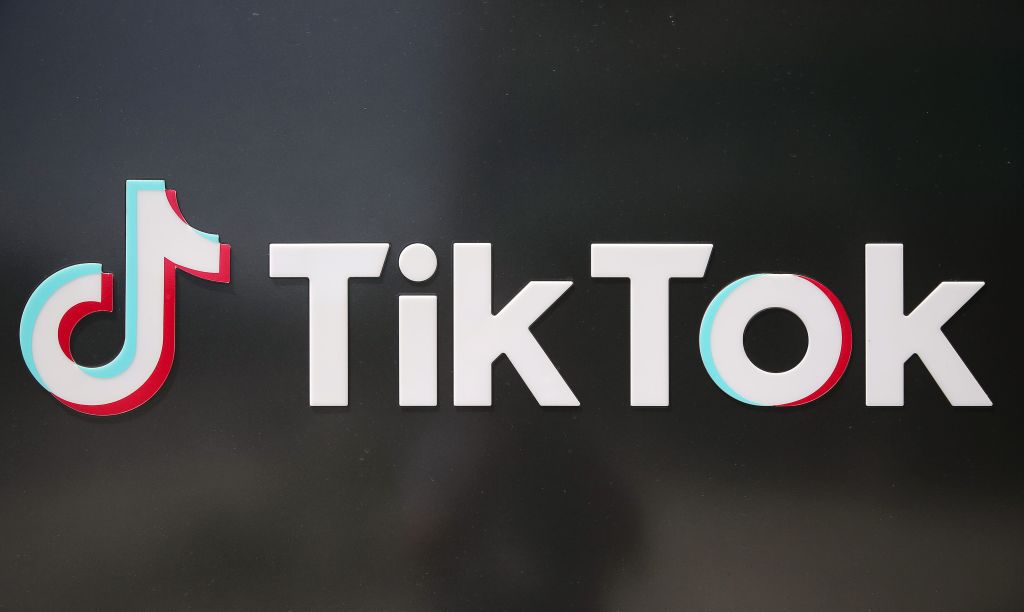TikTok may be hindering its own future as it faces significant challenges that could lead to a ban in the United States.
According to Fortune, a recent court hearing highlighted the app’s legal battle against a law requiring the China-based platform to be sold to a non-Chinese entity by Jan. 19, 2025, or risk being banned in America. The U.S. government’s worries center on the possibility of the Chinese government influencing content and accessing user data.
During the hearings on Sept. 16, 2024, at the U.S. Court of Appeals, TikTok’s lawyers reasserted that such a sale would be impractical and infringed on the U.S. right to free speech.
As AFROTECH™ previously reported, the Protecting Americans from Foreign Adversary Controlled Applications Act — which TikTok is the subject of — is advancing in Congress, which could enforce parent company ByteDance’s sale of the app and restrict TikTok’s operations further in the U.S.
A modified version of the bill, which was proposed to “protect the national security of the United States from the threat posed by foreign adversary controlled applications,” passed on April 12, 2024, extending the timeframe for compliance from six months to nine months, with possible extensions if a sale is initiated during that time.
TikTok reportedly has over 1 billion monthly active users.
A Pew Research Center survey conducted between July 15 and Aug. 4, 2024, indicates that public skepticism about the likelihood of a ban is growing, with opposition to a ban increasing from 22% to 28% among Americans since March 2023. Support for a ban has decreased to 32%, down from 50% in March 2023.
The number of adults uncertain about such a ban have risen from 28% to 39%.
During the recent hearings, judges raised doubts about TikTok’s entitlement to the same protections as U.S.-based companies, given its Chinese ownership structure.
Despite potential interest from buyers, TikTok said a sale wouldn’t fully resolve the legal issues it’s currently facing, adding that a U.S.-only version of the app would lack the features that make it unique.
“Even if divestiture were feasible, TikTok in the United States would still be reduced to a shell of its former self, stripped of the innovative and expressive technology that tailors content to each user,” TikTok shared in a June court filing, per Fortune.


